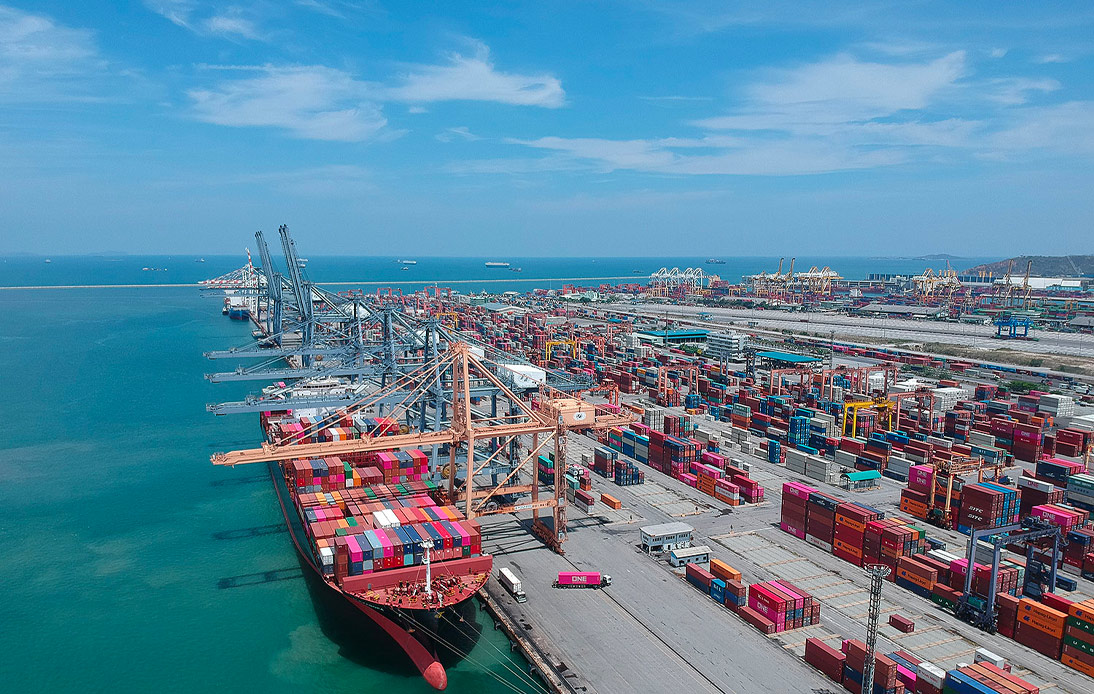
A continued delay in the formation of a new coalition government is partially responsible for a second monthly decline in the Thailand Industry Sentiment Index (TISI). The index fell to 92.5 points in May, down from 95 points in the preceding month of April.
“The business sector is concerned about the political situation as the process to set up a government does not seem to be going smoothly,” stated Kriengkrai Thiennukul, chairman of the Federation of Thai Industries (FTI).
The Move Forward Party (MFP), which emerged as the top contender in the May 14 elections, formed an alliance with seven other parties to establish a government.
However, suspicions surrounding MFP leader Pita Limjaroenrat’s purported infringement of Section 151 of the organic law on MP elections have been raised.
Mr Kriengkrai also mentioned that it is unclear whether the Senate would support Pita Limjaroenrat’s prime ministerial candidacy.
He stated that the decline in the FTI’s TISI was attributed to diminished business confidence resulting from a combination of domestic political turmoil, the repercussions of international geopolitical conflicts, and a decrease in exports.
The TISI for May was generated from the feedback of 1,327 entrepreneurs from 45 different industries.
Mr Kriengkrai expressed that domestic political instability is worrying for manufacturers and exporters, especially in light of the export slump.
Looking ahead, the Joint Standing Committee on Commerce, Industry and Banking (JSCCIB) has a gloomy outlook for exports in 2023.
Last week, the committee projected that exports would either remain constant or contract by 1% for the year, reflecting the global economic slowdown.
In the manufacturing realm, business owners continue to contend with high operating costs, notably energy expenses.
Adding to the burden, there’s a rising trend in loan interest rates, which is increasing the financial strain on business operators.
Chartchai Panichewa, vice-chairman of the FTI, revealed that the federation plans to petition the JSCCIB next month.
The petition aims to form a committee that will advance a proposal to export plants to the Gulf Cooperation Council (GCC), which includes Saudi Arabia, Kuwait, the United Arab Emirates, Qatar, Bahrain, and Oman.
Saudi Arabia has shown a willingness to import 55 billion plants from 38 species native to Thailand.
These plants will be shared with the other GCC members as part of Saudi Arabia’s strategy to lower carbon dioxide emissions, according to the FTI.
“This could be a new opportunity for Thailand, especially Thai farmers who can export their plants to the Middle East,” Mr Chartchai stated.
In addition to this, Mr Kriengkrai mentioned that Saudi executives have shown an interest in investing in the petrochemical sector with a land bridge megaproject linking the Gulf of Thailand and the Andaman Sea, as a part of the government’s economic stimulus efforts.





















